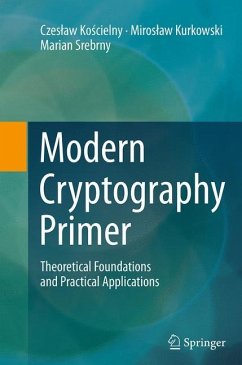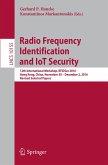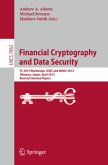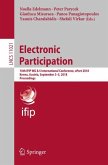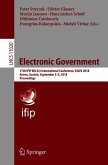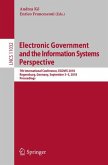Cryptography has experienced rapid development, with major advances recently in both secret and public key ciphers, cryptographic hash functions, cryptographic algorithms and multiparty protocols, including their software engineering correctness verification, and various methods of cryptanalysis. This textbook introduces the reader to these areas, offering an understanding of the essential, most important, and most interesting ideas, based on the authors' teaching and research experience.
After introducing the basic mathematical and computational complexity concepts, and some historical context, including the story of Enigma, the authors explain symmetric and asymmetric cryptography, electronic signatures and hash functions, PGP systems, public key infrastructures, cryptographic protocols, and applications in network security. In each case the text presents the key technologies, algorithms, and protocols, along with methods of design and analysis, while the content is characterized by a visual style and all algorithms are presented in readable pseudocode or using simple graphics and diagrams.
The book is suitable for undergraduate and graduate courses in computer science and engineering, particularly in the area of networking, and it is also a suitable reference text for self-study by practitioners and researchers. The authors assume only basic elementary mathematical experience, the text covers the foundational mathematics and computational complexity theory.
After introducing the basic mathematical and computational complexity concepts, and some historical context, including the story of Enigma, the authors explain symmetric and asymmetric cryptography, electronic signatures and hash functions, PGP systems, public key infrastructures, cryptographic protocols, and applications in network security. In each case the text presents the key technologies, algorithms, and protocols, along with methods of design and analysis, while the content is characterized by a visual style and all algorithms are presented in readable pseudocode or using simple graphics and diagrams.
The book is suitable for undergraduate and graduate courses in computer science and engineering, particularly in the area of networking, and it is also a suitable reference text for self-study by practitioners and researchers. The authors assume only basic elementary mathematical experience, the text covers the foundational mathematics and computational complexity theory.

